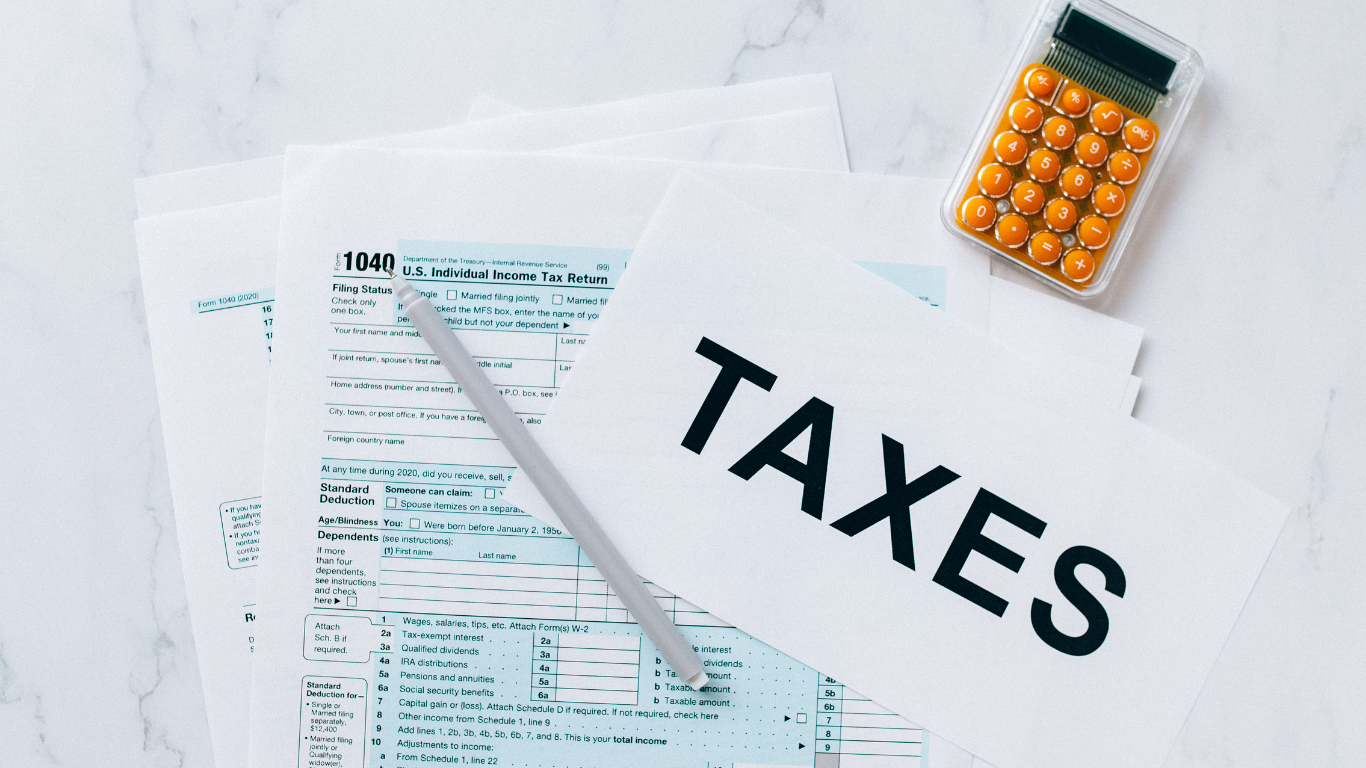
We’ve all seen policy shifts before. Some come and go quietly. This one’s different.
If you’re in mining — especially in Tamil Nadu — you’ve probably already heard about the Tamil Nadu Mineral Bearing Land Tax Act, 2024. And if you haven’t, now’s the time to pay attention. Because this isn’t just another regulatory tweak — it’s going to hit us where it matters: cost of operations.
What’s This New Tax About?
In plain terms: if your land contains minerals, you now have to pay tax just because those minerals are present — whether or not you’re actively mining them.
It’s different from royalty, which we pay based on what we extract. This tax is on the land’s mineral-bearing potential.
The state government has notified 32 minerals under this new system — each with a fixed tax rate per tonne/cu. m.
Some examples:
Limestone – ₹160 per tonne
Clay – ₹40 per tonne
Sillimanite – ₹7,000 per tonne
And here’s the important part: the tax is payable in advance. It doesn’t wait for your production figures to come in. If the land holds the minerals, the bill’s coming.
Why Now?
This was triggered by a Supreme Court verdict that allowed states to tax mineral-bearing lands.
The state expects to raise ₹2,400 crore a year from this tax. That’s a significant number — and it’s coming from us in the industry
An Example: What It Means for a Cement Company
Let’s take a medium-sized cement company operating in Tamil Nadu. Suppose they have access to limestone-bearing land that yields about 50,000 tonnes of limestone a month.
Under the new tax:
Tax per tonne of limestone = ₹160
Monthly limestone quantity = 50,000 tonnes
Monthly tax payable = 50,000 × 160 = ₹80,00,000
That’s ₹80 Lakhs every month — or ₹9.6 crore per year
This is in addition to existing royalty payments, compliance costs, and operational expenses.
What Happens If You Don’t Pay?
This isn’t something you can push aside.
If you miss the payment:
There’s a 5% penalty
The dues will be recovered like land revenue — legal action included
Even to challenge the tax, you must deposit 30% of the disputed amount
The government isn’t treating this as a soft levy. It’s firm, enforceable, and already in effect.
Final Thoughts
At the end of the day, it doesn’t matter whether you’re a miner, a processor, or a landholder. If there are minerals in your soil, the state now sees that as taxable ground.
We can debate the fairness of it all — but right now, our best move is to understand it, plan for it, and adapt.

Share This News